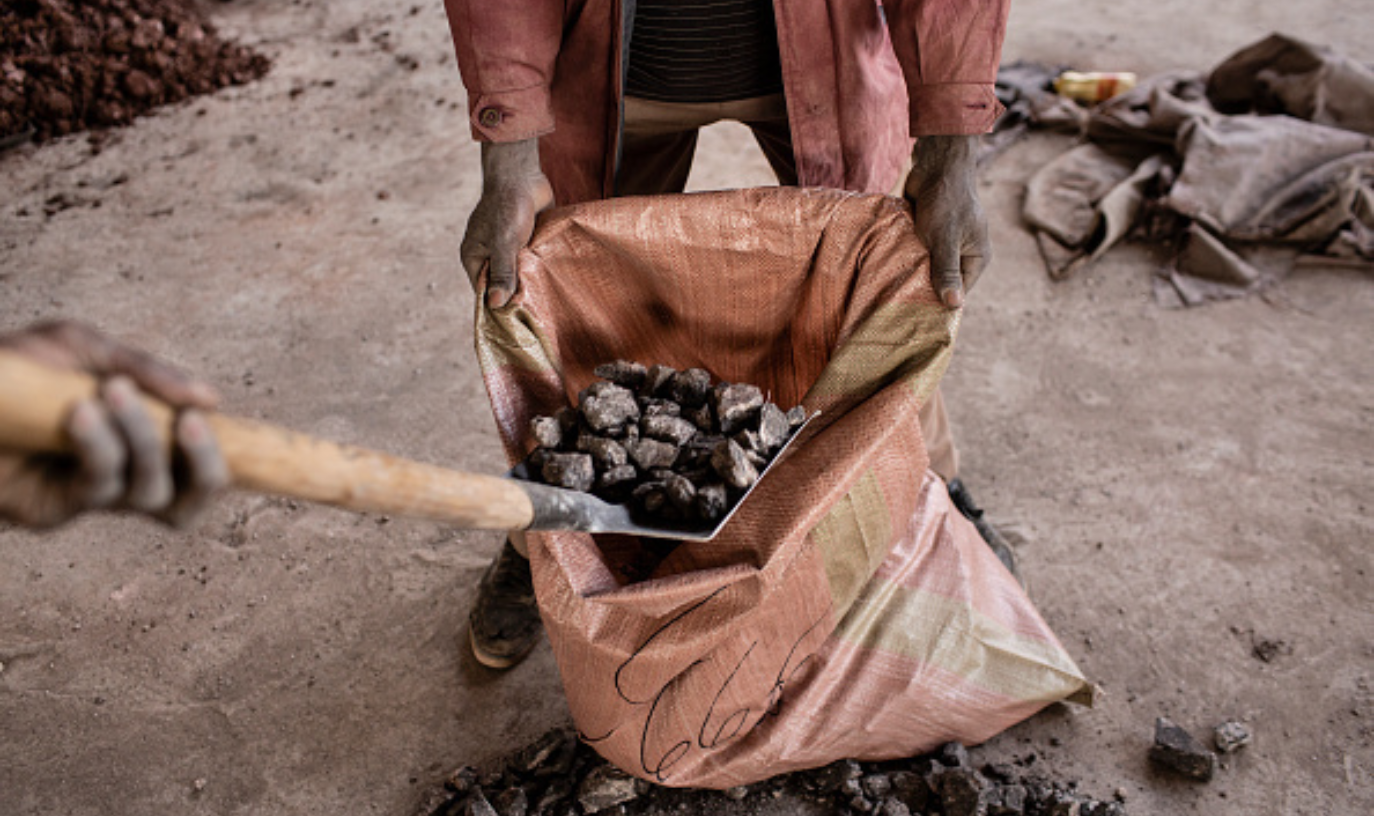In 2023, IMPACT began working with stakeholders to discuss the taxes, fees, and administrative steps in the artisanal cobalt supply chain. While there is significant attention on the country’s cobalt sector, there has been little understanding of the artisanal cobalt sector’s fiscal regime, the burden when national and provincial requirements are combined—and what this all means for supply
chain actors.
Workshops were held in Kolwezi, Lualaba Province, and in DRC’s capital, Kinshasa, with policymakers, mining and financial authorities, artisanal miners, traders, processors, exporters, and civil society to discuss the various taxes, fees, and administrative steps currently in place for DRC’s artisanal cobalt sector.
The initial findings indicate that too many taxes and fees—both formal and informal—are being imposed on mining cooperatives and warehouse managers.
Stakeholders identified eight taxes or fees that miners and cooperatives at the mine site level were required to pay for their production. To meet its tax obligations, a mining cooperative would have to pay upwards to $18,000 USD to begin working at a mine site, in addition to paying production volume-based fees.
Drawing on provincial and national legislation, stakeholders mapped payments applicable to the artisanal cobalt mining sector. At the extraction level, the number of payments to be made would be reduced from eight to four. This would allow cooperatives to avoid informal payments which have no legal basis, such as $10,500 USD charged by SAEMAPE for technical advice on installations in the mine site.
Based on these workshops, IMPACT has developed five technical notes (available in French), making available a list of agreed upon taxes, fees, and administrative steps for:
- extraction of artisanal cobalt
- purchase and sale of artisanal cobalt
- transferring artisanal cobalt between provinces
- processing of artisanal cobalt
- exporting artisanal cobalt
The technical notes have been developed based on DRC’s national and provincial legislation. Mapping of the artisanal cobalt supply chain follows similar efforts for artisanal gold in Ituri Province.
The technical notes were developed and published as part of the Mapping Payments project. The Mapping Payments project is undertaken with funding provided by the European Union. Funding for complimentary activities was provided by Microsoft.
Photo by Sebastian Meyer/Getty

